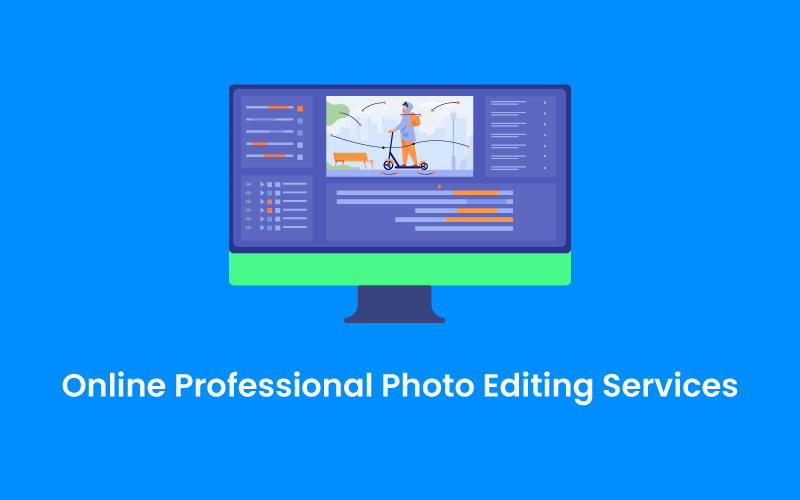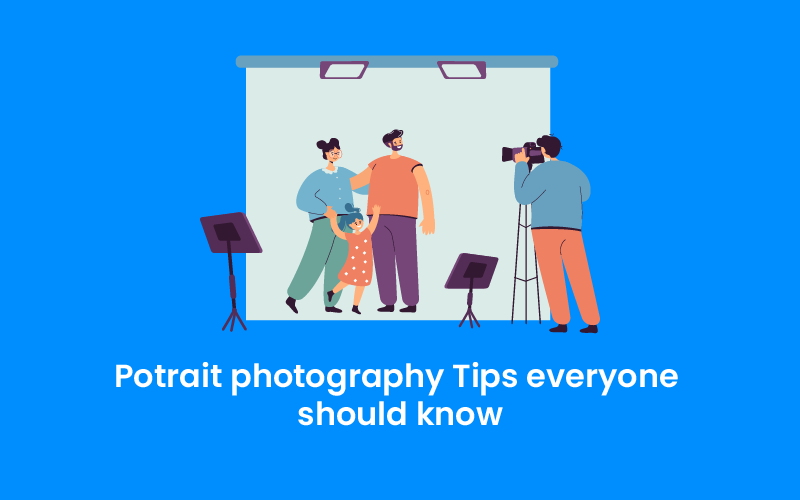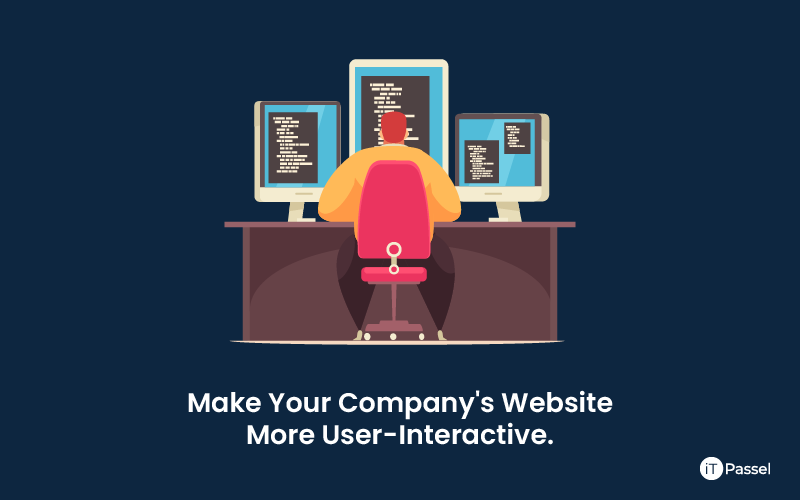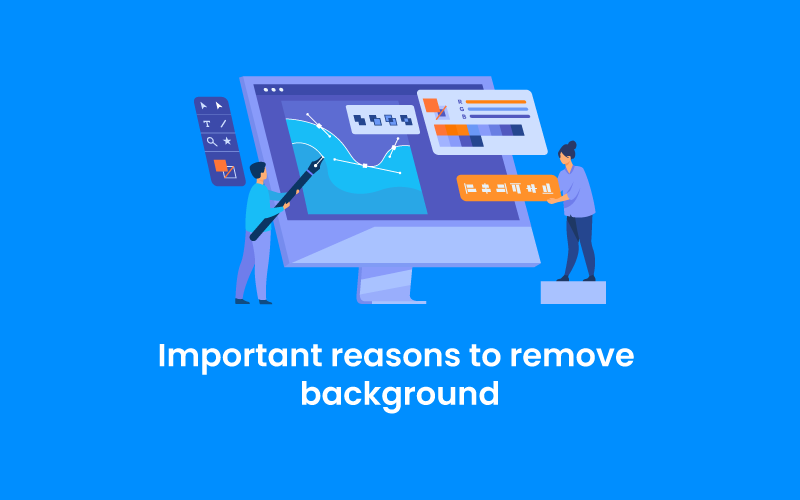We use cookies to make your experience better. To comply with the new e-Privacy directive, we need to ask for your consent to set the cookies. Learn more.
What Is the Difference Between a Website and a Web Portal?

The key differences between websites and online portals, as well as how to choose which one your company requires. Please do not hesitate to contact IT passel's portal development team if you are interested in developing your own website or web portal.
In my experience, businesses frequently hit a roadblock when determining which form of digital presence to pursue. They debated between a website and a web portal after deciding on a web development project in general, generally admitting that they couldn't tell the difference between the two. If you're in a similar situation, don't worry; I'll explain what a website and a web portal are, as well as their primary characteristics, to assist you to make an informed decision.
List of comparisons between a website and a web portal:
- Overview of websites and web portals
- A web portal vs. a website comparison
- Which option is best for you?
Overview of websites and web portals
A website differs from a web portal in that it is an online destination that is accessible to a larger audience. The online portal, on the other hand, is designed for certain groups of people. Website content is less personalized and available to all users, and web portal content is normally available once you join up. Modern websites and online portals are changing at the same time, and some of their functions overlap. There are web portals with public-facing pages, and more websites are becoming customized for their users. A web portal, for example, is defined by Gartner as a high-traffic website having a diverse set of content, services, and vendor links.
A web portal vs. a website comparison
If you're having trouble deciding which option to go with, here's a quick guide to assist you. Choose a website if you want to reach out to a larger group of anonymous individuals. Choose a web gateway to cater to a specific audience. Control of content: Choose a website if you want to concentrate on delivering and managing content. If you need more control over what consumers see, a web portal is a way to go. A website may be a preferable option if you don't require various integrations with other company systems. If you want your solution to integrate with internal and third-party apps, a web portal is a way to go.
So, which option is best for you?
The answer is contingent on the type of business you run and the tasks you attempt to complete online. You'll almost certainly need a website if your primary goal is to boost sales and attract new clients. A gateway will be a reasonable solution if your goal is to retain existing customers, boost their loyalty to your company, and increase general brand recognition. If you need to create a hub for effective collaboration with your partners or providers, the web portal will be ideal. And if you're still hesitant about your decision or, on the other hand, are quite certain and need a dependable implementation partner as soon as possible,




